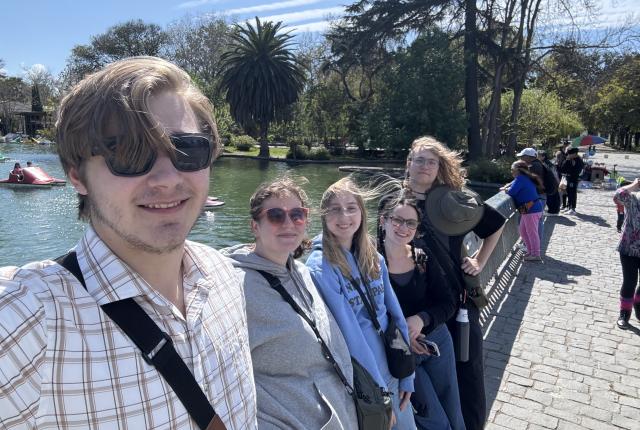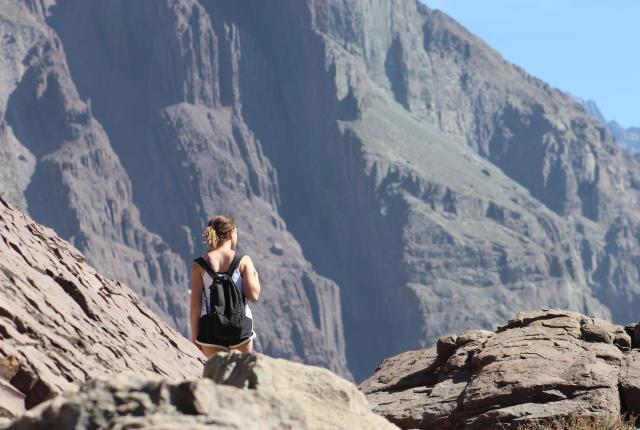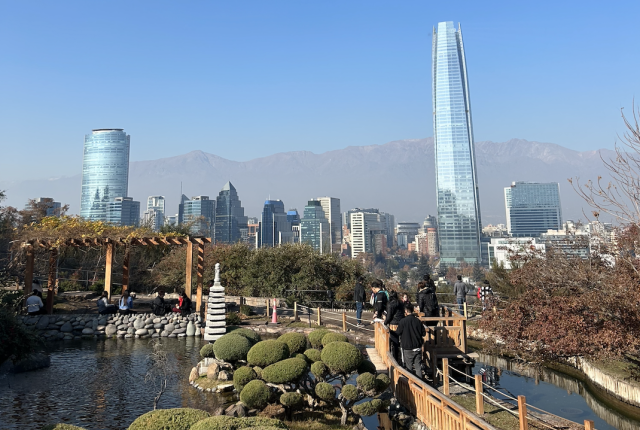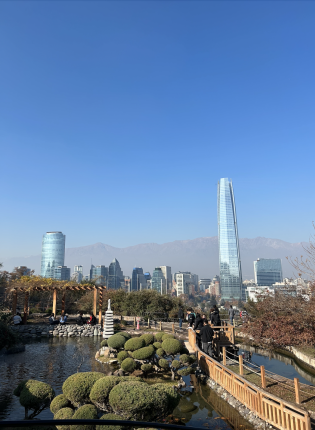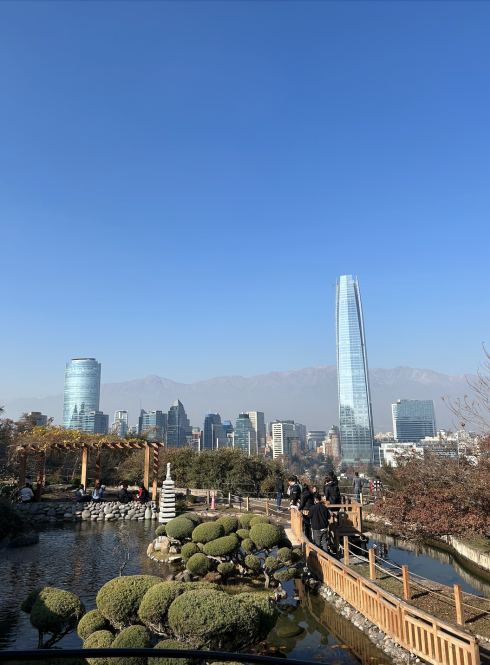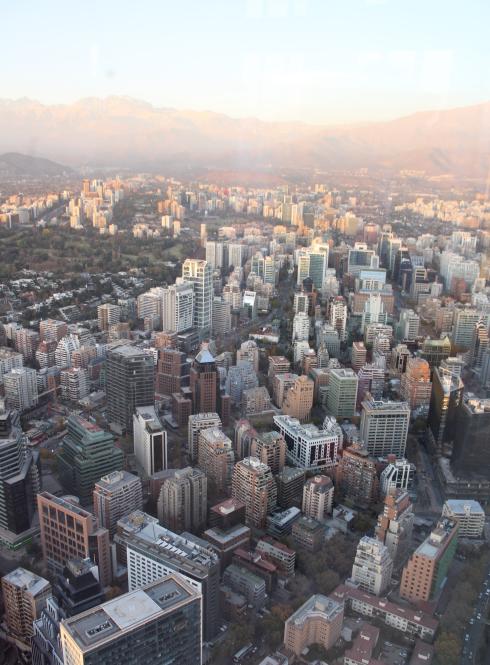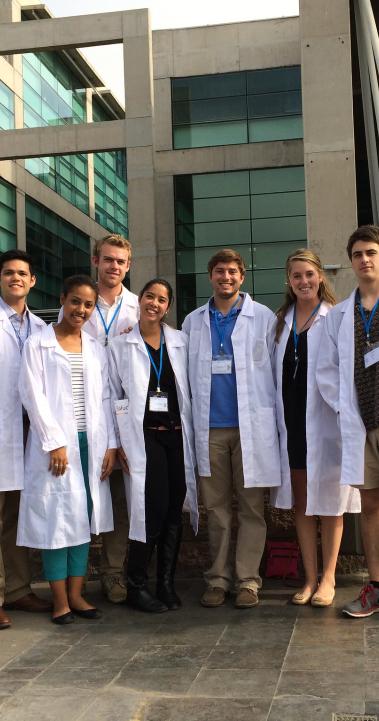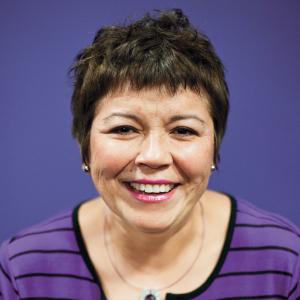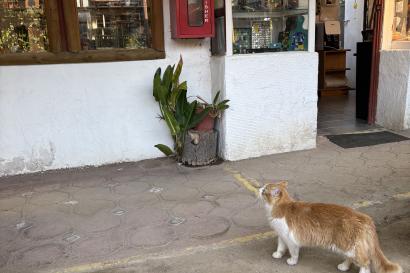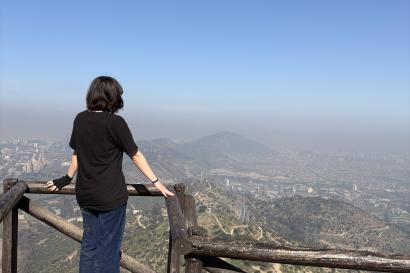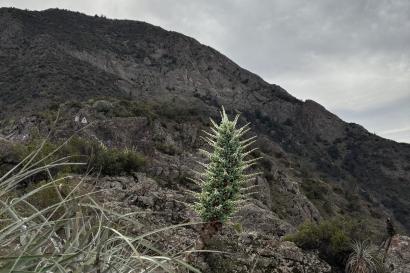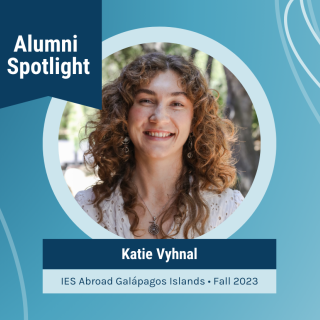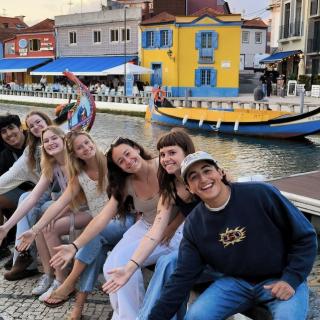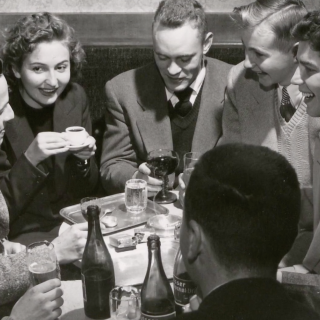What to Expect in Santiago
When you step off the plane to study abroad in Santiago, you’ll be mesmerized by the towering Andes Mountains—and at how the city of Santiago sits neatly below them, contentedly bringing together Chile’s colonial past and its new role as the country’s commercial center.
During your stay, see a fútbol game, taste asado Chileno, experience the innovative music scene, and take in the many sides of Chilean culture.
Our Santiago programs have something for everyone, from health studies to social justice, and even full-time internships!
